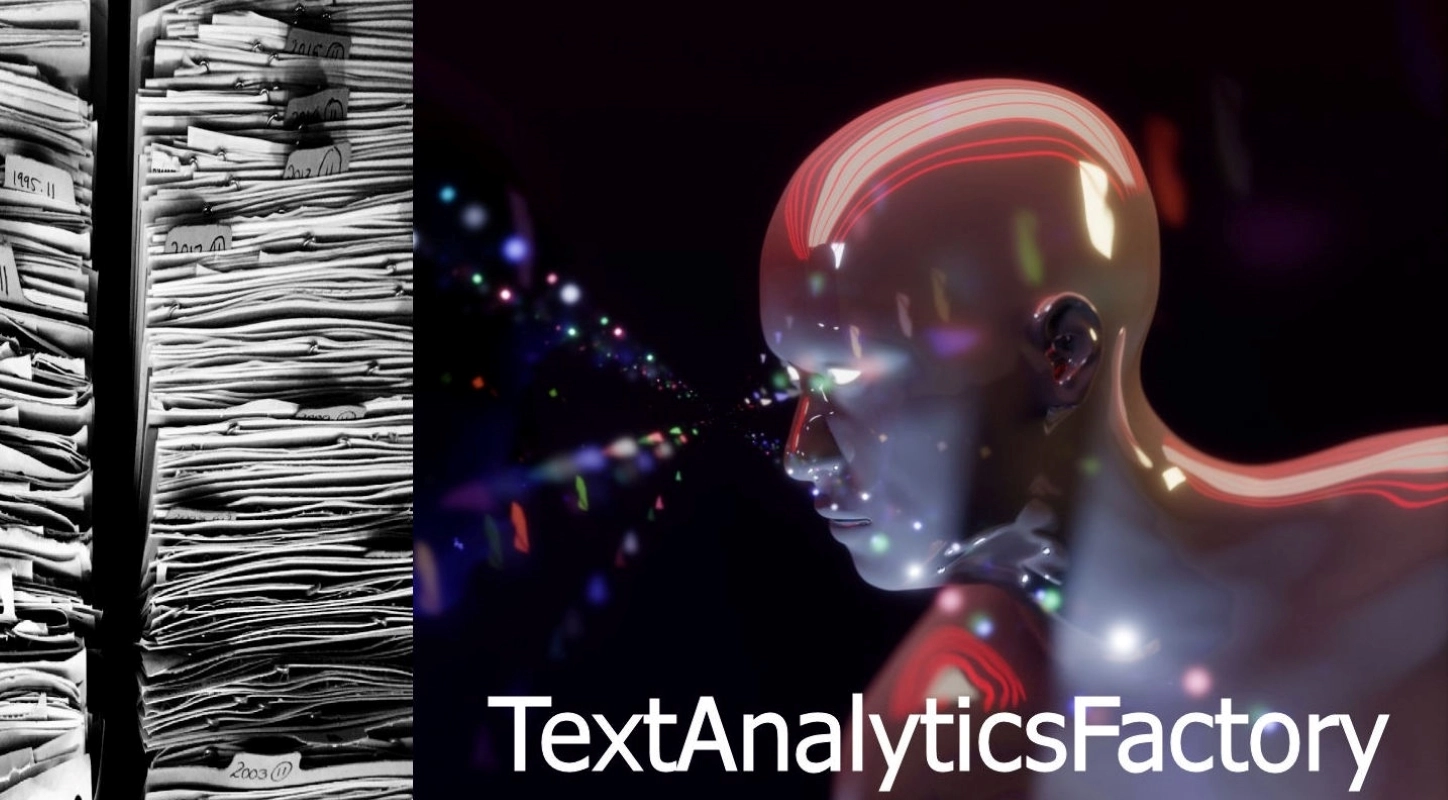Author(s)
Yasin, C M;Yunianto, B;Sugiarti, S;Hudaya, G K
Book, Journal
IOP Conference Series: Earth and Environmental Science 882, 1, 12083 2021-11-01
Abstract
Abstract The implementation of downstream coal policies in Indonesia is regulated in Law Number 3 of 2020 to optimize coal’s domestic use and value-added. The policy is also supported by the issuance of fiscal, non-fiscal, and regional incentives. In Law Number 3 of 2020, the government of Indonesia states six types of coal downstream: coal upgrading; coal briquetting; cokes making; coal liquefaction; coal gasification; and coal slurry, yet the government has not defined which downstream coal products should be prioritized. Several parameters must be considered in implementing the downstream coal policy, those are the availability of coal and its characteristics, proven technology, economic and environmental feasibility. This study examines the mineral and coal sector regulation, taxation, coal resources and reserves, technology, and economics. In addition, to implement the commitment of reducing CO2 emissions, this study also considers applying Carbon Capture and Storage (CCS) or Carbon Capture, Utilization, and Storage (CCUS) technology to implement downstream coal policy.
DOI
http://dx.doi.org/10.1088/1755-1315/882/1/012083
NA: Nicht verfügbar












